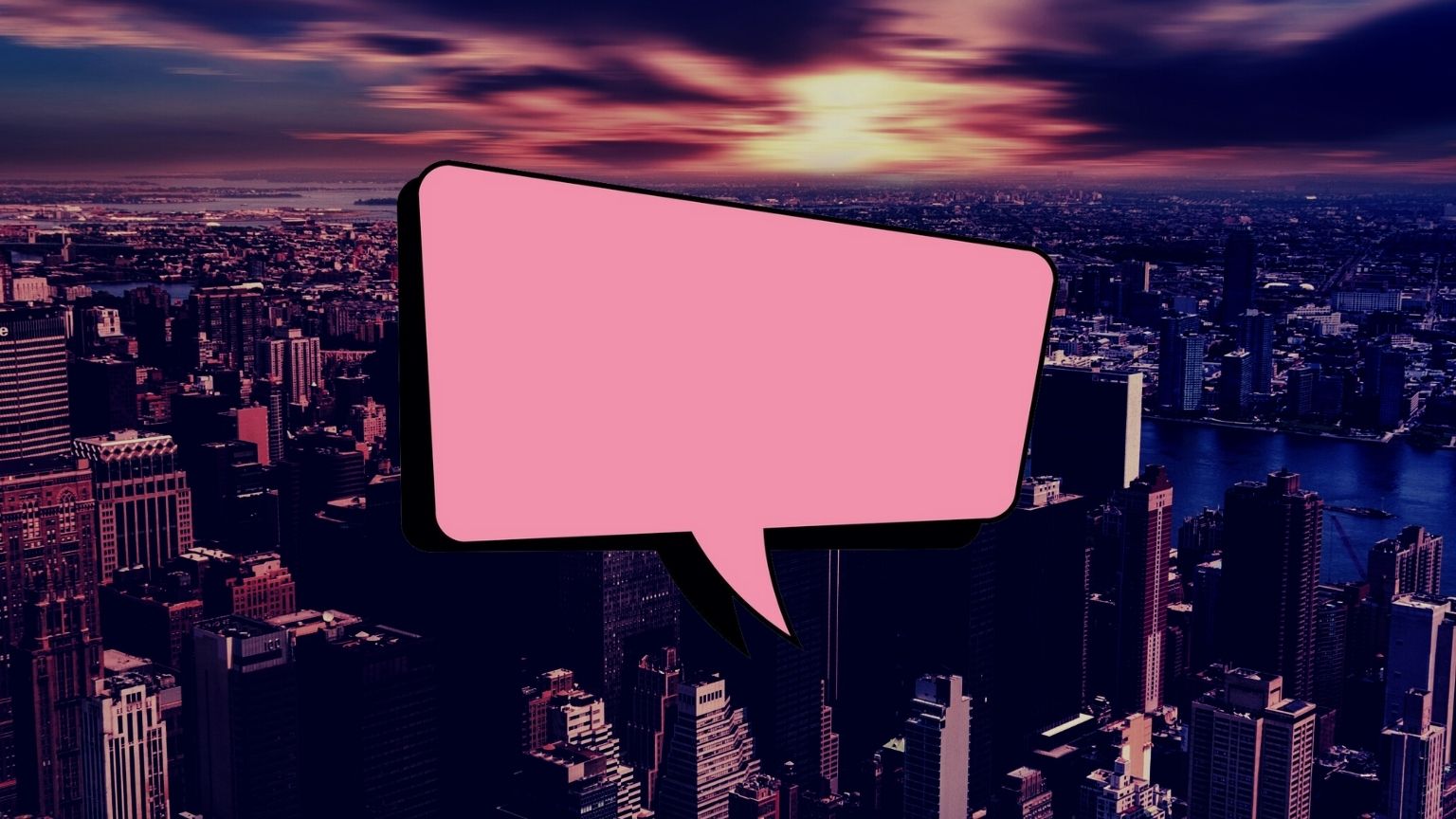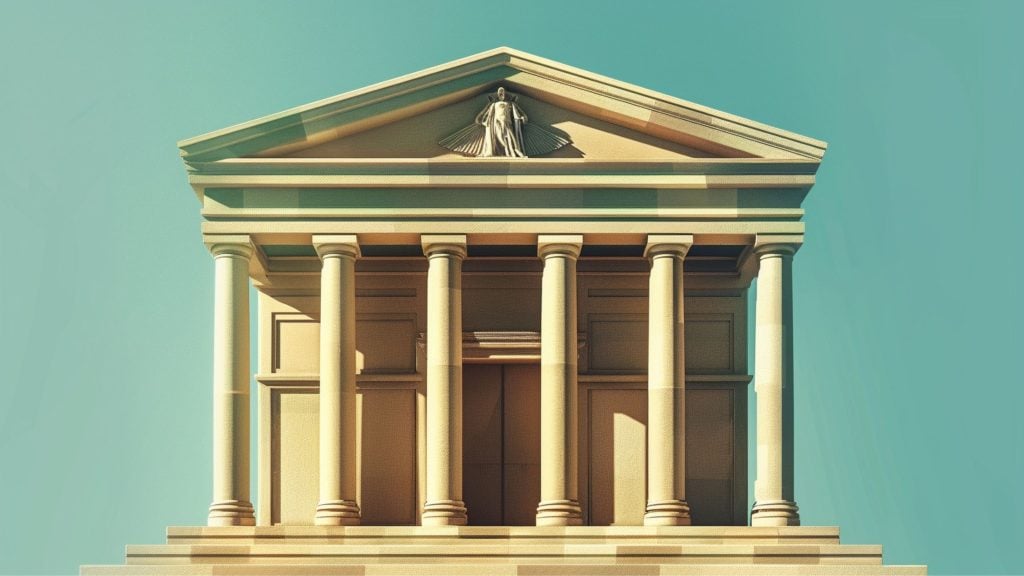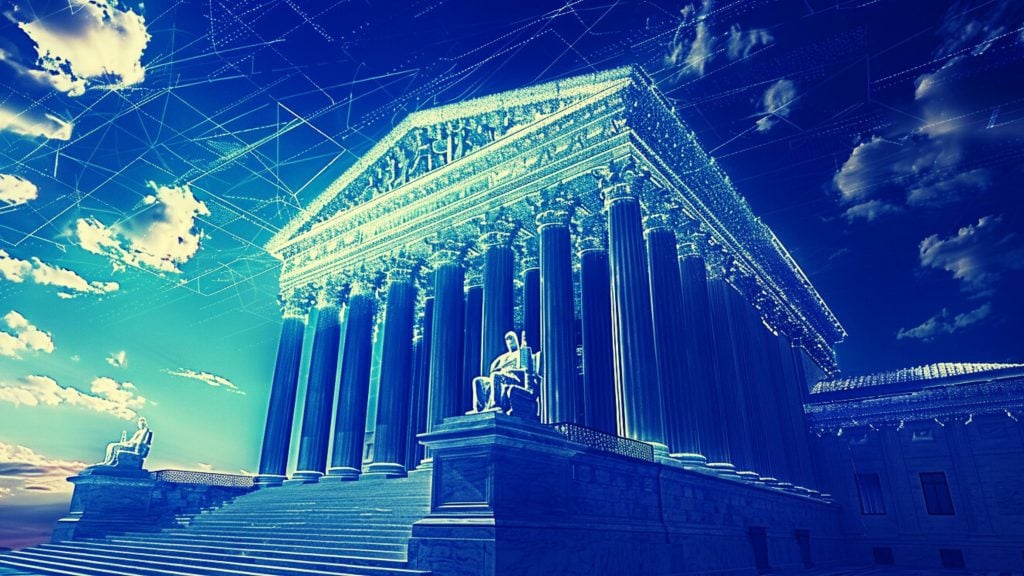If a state senator got his way, the state of New York could soon get a new law aimed at regulating what content can appear on social media. The bill is designed to circumvent existing federal-level solutions in some instances and is reportedly inspired by internal documents leaked by former Facebook employee Frances Haugen.
But many legal experts believe that the bill, if passed, would eventually be overturned as unconstitutional for preventing dissemination of protected content.
The bill sponsored by state Senator Brad Hoylman wants to tackle what’s referred to as unlawful online content such as “misinformation” (particularly around Covid/vaccines), and posts that might allegedly lead users to develop eating disorders or engage in self-harm.
Envisaged in the bill is an amendment to New York’s penal code that lets citizens, the state attorney general and city corporation councils sue tech companies behind social media networks, or individuals, if they are suspected of “contributing” to spread of misinformation in a manner that’s “knowing or reckless.”
And while the bill is worded in a way that states content seen as endangering people’s safety or health should be clamped down on if it is “promoted” – including (but not exclusively) by means of algorithms and other methods of recommendation, experts say the distinction between that and any post created by users is not clear enough to stand up to legal scrutiny.
“The distinction between ‘hosting’ and ‘amplifying’ content is incoherent,” Santa Clara University School of Law professor Eric Goldman has told the New York Post, adding that Hoylman has taken that “incoherent” idea – “and embraced its most censorial option.”
According to Goldman, content that Hoylman’s bill takes aim at, such as, but not limited to, what’s considered false or harmful information that concerns Covid or political issues is in fact protected free speech under the First Amendment.
And for that reason, this expert believes, the draft legislation is unconstitutionally overbroad.
Commenting on the bill, David Greene of the Electronic Frontier Foundation concurred that the law would face First Amendment hurdles, and noted that because of the rapidly changing official guidance regarding the pandemic, it is very hard to even define what qualifies for Covid misinformation (when so much “expert” information has turned out to be false.)
“It’s really very difficult to impose liability in an environment where the truth can be hard to grasp at any point in time,” this attorney remarked.











